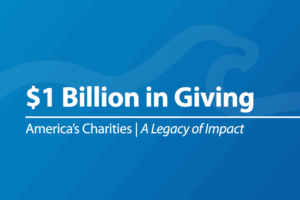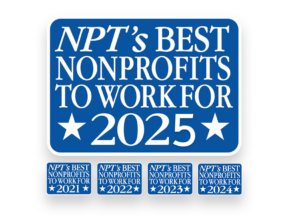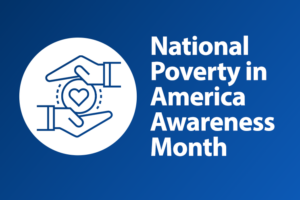Sarah Ford | January 26, 2015
Climate change could impact the poor much more than previously thought
It’s widely accepted that climate change will have bigger negative impacts on poorer countries than wealthy ones. However, a new economic modeling studyfinds that the economic impacts on these poorer countries could be much larger than previous estimates.
As a result, they suggest that we should be aiming to limit global warming to near, or perhaps even less than the international target of 2°C. This conclusion is in sharp contrast to current economic models, which generally conclude that the economically optimal pathway results in a global surface warming around 3–3.5°C.
Current economic models mainly treat economic growth as an external factor. In these models, global warming and its impacts via climate change don’t significantly affect the rate at which the economy grows. However, several economic studies have concluded that this is an inaccurate assumption, with a 2012 paper by Melissa Dell and colleagues taking the first stab at quantifying the effects of climate damages on economic growth.
Get Resources and Insights Straight To Your Inbox
Explore More Articles
$1 Billion in Giving: America’s Charities Reaches a Historic Milestone
A testament to the impact of mobilizing the power of giving. We have some extraordinary news to share. In 2025, America’s Charities crossed a threshold that few organizations…
America’s Charities Named ‘Best Nonprofit To Work For’ For Fifth Consecutive Year
Washington, D.C. – April 1, 2025 – America’s Charities, the nonprofit that mobilizes the power of giving as a leading provider of volunteering, workplace giving,…
Get Resources and Insights Straight To Your Inbox
Receive our monthly/bi-monthly newsletter filled with information about causes, nonprofit impact, and topics important for corporate social responsibility and employee engagement professionals, including disaster response, workplace giving, matching gifts, employee assistance funds, volunteering, scholarship award program management, grantmaking, and other philanthropic initiatives.




